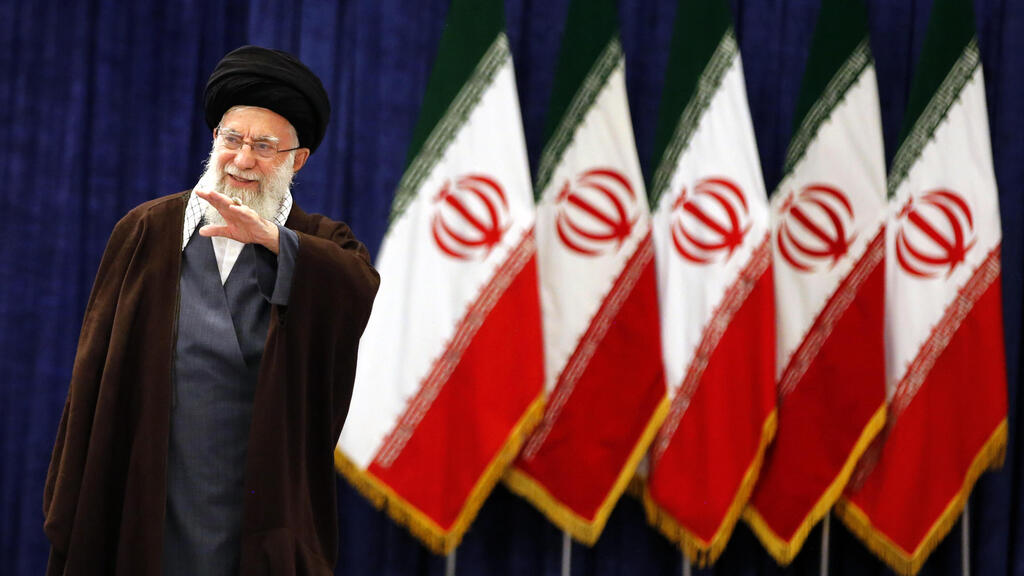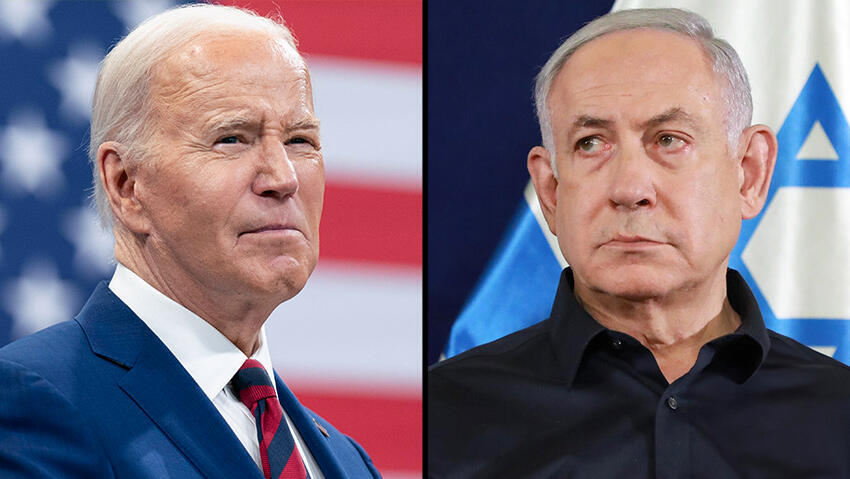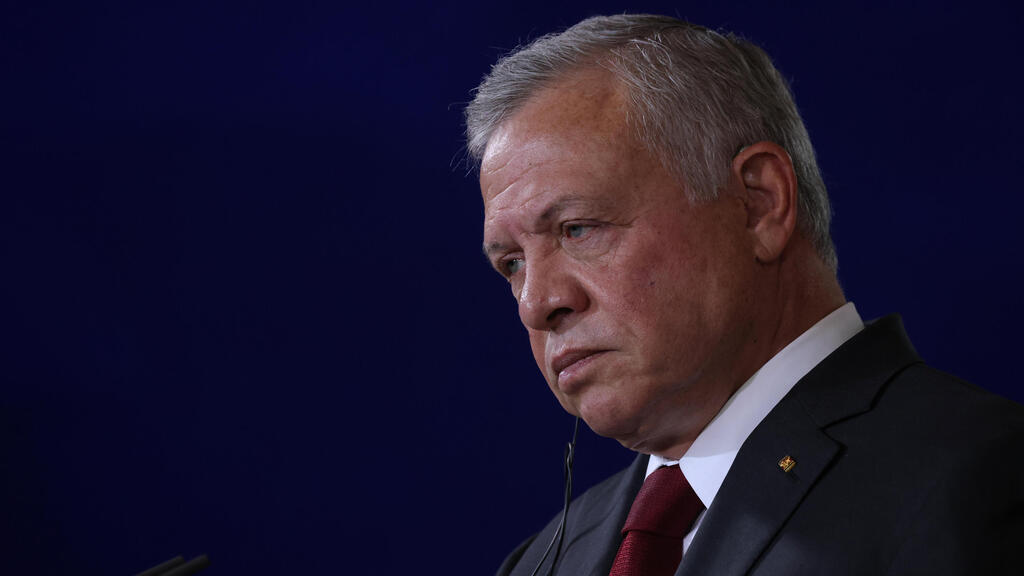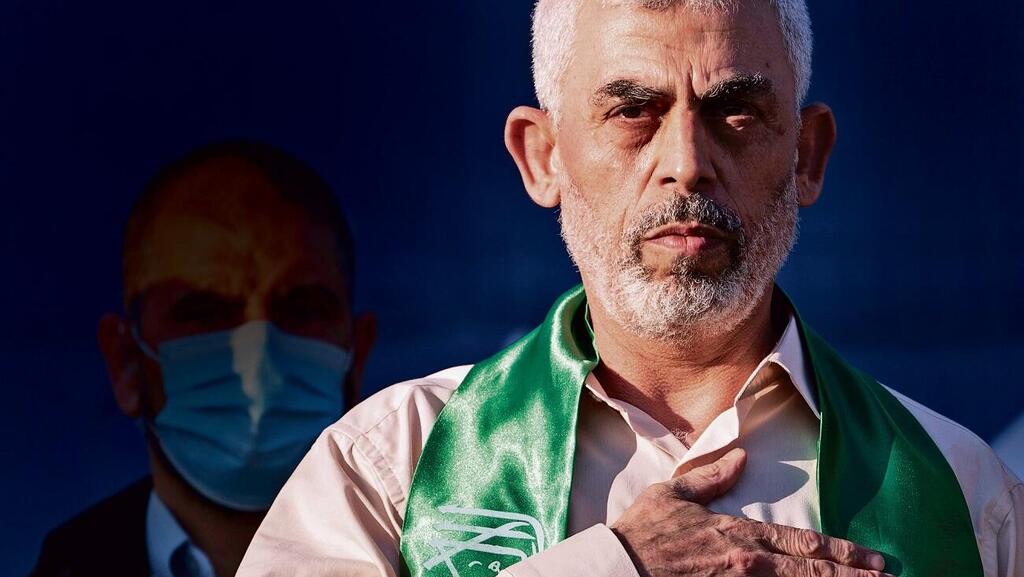The cucumber has become the most common object in Arab caricature cartoons in the past two weeks. Anyone who seeks to mock Iran's reactions and threats in the face of the strikes it suffers from Israel - including the recent attack near Isfahan, attributed to Jerusalem – points to illustrations of missiles or aircraft armed with cucumbers, playing on the word "khyar," which means "option" in Arabic, but also "cucumber."
Faisal al-Qassem, a popular Syrian-Druze host on Al Jazeera — who has 6.5 million followers on X (formerly Twitter) — has turned the ridicule against Iran into his professional trademark. In recent weeks, he held polls among users of the social media platform, which show that 85% of them believe the Iranian attack a week ago was intended for propaganda purposes and didn’t cause any real damage to Israel, and spices it with sarcastic remarks, such as describing the Syrian people's response to "the developing confrontation between Israel, which received the Golan Heights from the Assad family, and Iran, which received the rest of Syria from the regime in Damascus."
However, the Iranians’ gloating hides concerns about the growing tension in the region. The Arab regimes, which already fear constant internal dissent, are becoming hysterical about the prospect of a regional conflict, which is evident in the Gulf states physically close to Iran, including large Shiite communities.
From the Arabs' perspective, the Iranian-Israeli confrontation highlights their long-standing weakness, reflected in their almost constant passive stance in the face of strategic incidents in the region.
Another frustration is developing in light of the Arabs' sentiment saying that the conflict between Israel and Iran is diverting global attention from Gaza. In this context, Qatar, with its close ties to Hamas, stands out. Qatari news outlets such as Al-Quds Al-Arabi, published articles last week criticizing the United States for its support for Israel in the conflict against Iran, which contradicts the relatively limited pressure to end the fighting in Gaza.
In places the gap between the Israeli astonishment evident in the country following the foiling of the Iranian attack — accompanied by announcements such as "a Western-Arab-Israeli coalition against Iran has formed" — and the nuanced stance taken by the Arab world on the issue is seen.
Media in Arab states are modest and even deny the very existence of their security cooperation with Israel: Iran may be a more serious threat than Israel, but no Arab leader risks provoking Tehran or boasts of cooperation with Israel that could sour its domestic situation.
And so, the phone lines between Arab capitals and Tehran have seen an unusual load in the past week, illustrating that the Arab world is sticking to the appeasement strategy that has prevailed in recent years toward Iran, which peaked in the normalization of relations between it and Saudi Arabia.
Arab leaders have reached a disheartening conclusion that the Biden administration is a shaky prop that’s unable or unwilling to deter Iran, and therefore, it’s preferable to make a deal with the devil rather than risk confronting it.
Jordan, portrayed in Arab media as having a significant contribution to the interception of the Iranian threats in the attack against Israel, highlights the gap between Israel's approach and that of the Arab world.
Officially, Jordan declared that it hit "aircraft" that penetrated its airspace, without mentioning any cooperation with Israel, and was cautious not to develop a front-line confrontation with the Iranians. It seems like the Jordanians aren’t driven by a "firm friendship" with Israel, but are increasingly concerned about Iran's efforts to exploit the kingdom's territory to promote fighting against Israel, for example via missile launches or weapons smuggling operations to the West Bank.
The Palestinian response to the Iranian attack also reflects the Arab world’s complex approach toward Tehran. In 1991, Palestinians cheered when Saddam Hussein - the Sunni Arab - launched missiles at Israel, but no similar enthusiasm was recorded after Tehran, the Shiite, carried out a much more powerful attack.
Some sharp accusations made by the Palestinian Authority against the regime in Tehran since the beginning of the Gaza war are highlighted against this backdrop, alleging it cynically uses Palestinian blood to promote its national and ideological interests.
Even Hamas has shown relative restraint and explained that the attack was a natural response to the assassination of senior Iranian officers - but it refrained from describing Iranian involvement in the Palestinians' struggle against Israel.
As with the October 7 attack, Israel's current confrontation with Iran was unintentional and unplanned, essentially resulting from a failure in interpreting logic and "the other side’s" intentions - illustrating again a gap in the assessment capabilities of Israeli professionals, stemming, among other things, from limited familiarity with the culture and language of the enemy.
In such a situation, it’s necessary to realistically assess the situation on the ground and deal with three truths: Iran's regional status is strengthening, and Israel's deterrence is limited compared to the past; the Arab world is still far from publicly linking arms with Israel; and most importantly - there are still several burning fronts that require resolution and decisions, which haven’t been cared for following the new and old confrontation with Iran.
 Dr. Michael MilshteinPhoto: PR
Dr. Michael MilshteinPhoto: PRInstead of launching a new front, it’s better for Israel to focus on resolving the frustrating situation on the northern border, on challenging Hamas' rule — which continues to dominate Gaza even now — and most importantly, on implementing a hostage deal that will expedite their return home.
Dr. Michael Milshtein is an expert on the Palestinian Arena and the Head of the Palestinian Studies Forum at the Moshe Dayan Center for Middle Eastern and African Studies at Tel-Aviv University






